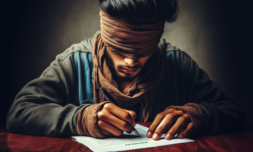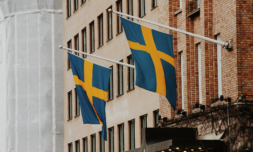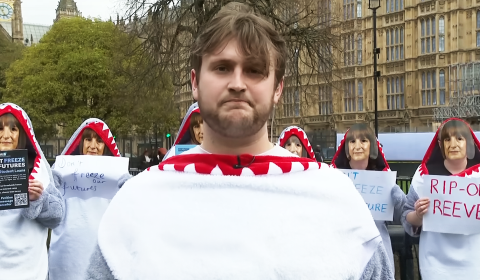Vladimir Putin’s fifth term as President was long expected, but his victory was far from simple in the complex world of Russian politics.
The results of the recent Russian election were oh so predictable. Recent tensions, underscored by the ongoing conflict in Ukraine and the highly anticipated presidential election, have once again brought Vladimir Putin to the forefront of global attention.
Against geopolitical complexities and internal dissent, Putin’s landslide victory in the election has far-reaching implications for Russia’s future and its relations with the international community.
As the world watches closely, the interplay between these recent events sets the stage for a deeper analysis of the dynamics shaping Russia’s domestic politics, foreign policy, and the evolving global landscape.
The election process
The election that was held between March 15 to 17 lacked genuine structure. This year, the nation introduced a digital voting platform in the hopes that 38 million voters would cast their ballots online, however, only 4.9 million did. Moreover, the actions taken by Putin made sure that anti-war candidates were not allowed to run.
The election process also saw voter intimidation with citizens being forced to vote in over 60 regions of the nation. Transparency was not forthcoming, as footage from CCTV cameras at the voting stations was greatly restricted.
Despite a stymied opposition, some protests were organized, demonstrating a form of ‘silent resistance.’ The elections were viewed as neither free nor fair, serving as a formality to extend Putin’s term, with the Kremlin’s propaganda machine reinforcing his support.
Putin’s fifth term
In 2020, Putin successfully secured constitutional changes in Russia that allow him to potentially remain in power until 2036 by resetting the presidential term limits.
This amendment enables Putin to run for president a further two times after his current term, potentially extending his rule significantly.
Another period under Putin inevitably means more blowback for the West. The recent military actions of the Russians have left them with ties to China, India, Africa, the Middle East, and Latin America. The current direction of Russia’s foreign policies seems to condemn the West and any nation deemed to have shown hostility.
In terms of its nuclear arsenal, the Kremlin is bolshy as ever. In fact, in light of the war with Ukraine, talk of such weaponry is set to increase – especially with the increasing retort from NATO.
Earlier this month, Putin announced that he had moved Russia’s nuclear weapons into Belarus, closer to NATO territory to stir up Western foes.
Currently, another major objective for the Russian politician is to avoid the comprehensive cooperative sanctions placed upon the nation primarily by the European Union, the United States, and other Western countries.
To mitigate this, some of the measures Putin has taken are to reroute its gas exports via Turkey, export more Russian gas to China through Mongolia, and expand the Northern Sea Route to connect to Norway.
NATO Secretary-General Jens Stoltenberg strongly criticized Putin’s fifth term as Russian president, calling the election ‘not free nor fair’ and labeling Russia as ‘an authoritarian society.’
These remarks highlight NATO’s concerns about the democratic process in Russia and the security implications for neighboring countries like Ukraine and Georgia.




















